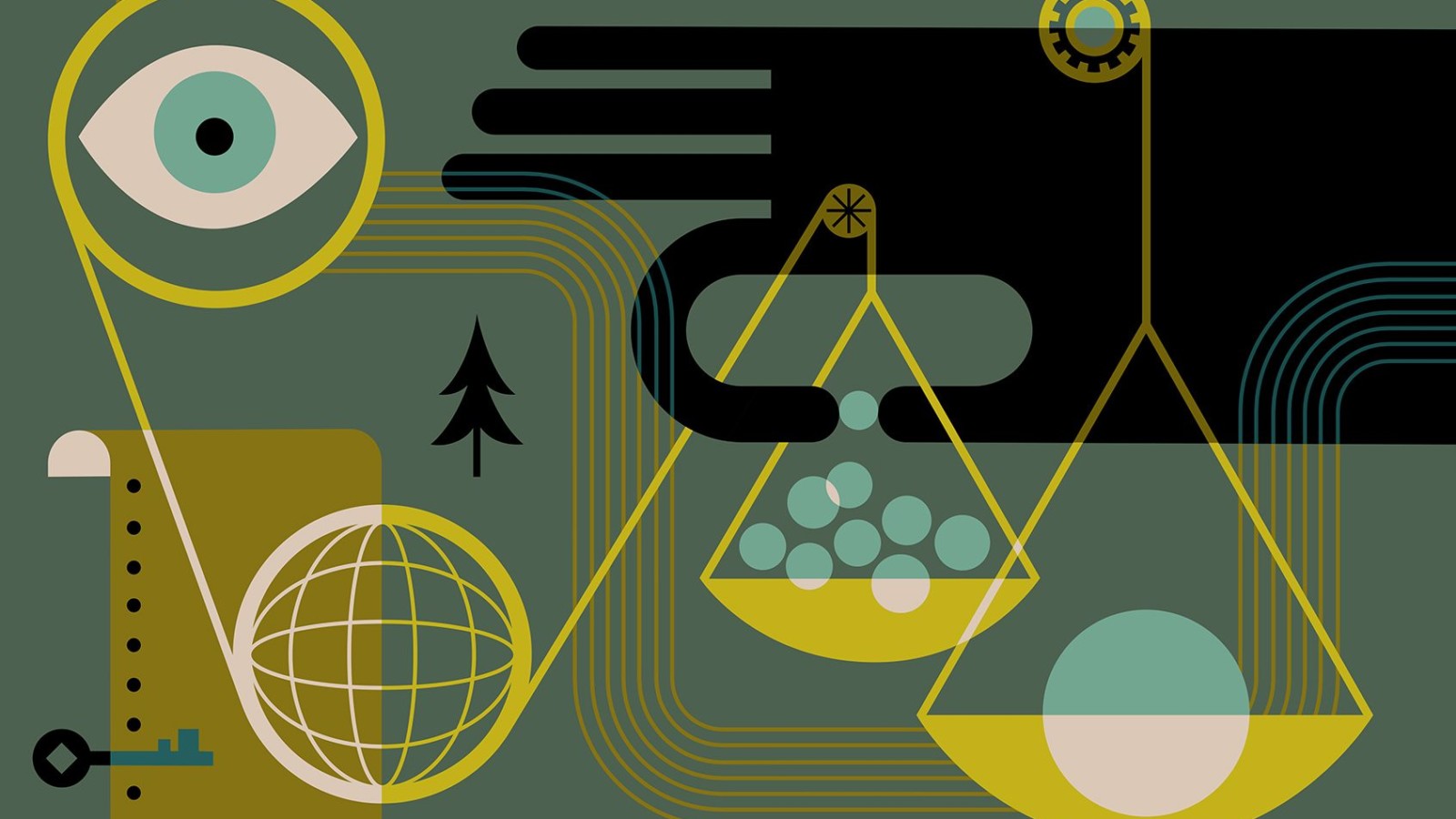For awhile I have been intrigued by our pace of acceleration into digitization and how that is shaping our worldly experiences in ways we have yet to fully understand. One of those ways is how the Internet has redistributed power and changed geopolitical dynamics globally. New pockets of power spring up via social media and are fueled by algorithms that amplify messages and produce massive followings online. “Digital tribes” proliferate and “chief influencers” have the capacity to cancel consideration of opposing voices they deem offensive. What is profound and novel is the ability to curate power in the digital space and harvest it in the real world. A new way of operating is taking hold in the world in which digital tribes are beginning to compete in a sort of virtual reality against real world leaders and organizations. But is this all good?
As citizens of this interconnected world, many no longer live under the umbrella of their physical home country, but as members of groups with whom they identify and have leaned into online. Neighborhoods and communities have been the traditional compass that directed our way of life and norms, but since adopting digital technology – be it individually or nationally – smart phones or data systems, digital and physical systems are intersecting, colliding, merging and transforming. This explains the genesis of new non-traditional powers, but what explains cancelling?
There is a stark difference between “call-out culture,” which seeks to highlight a specific mistake before a wider audience and “cancel culture” which seeks more than truth or an apology, but to “sacrifice” someone to cleanse a world that has wronged the cancellers.
The problem starts when the communities cancelling others are not necessarily right about the facts, but simply powerful with their narratives. In the United States there are communities who virtue signal constantly, and although virtue is what should guide us, we also must recognize we live in an imperfect world – and while our faith traditions may guide us to be better people, virtue and righteousness is not something any one group can claim for itself to the exclusion of others. So when an individual, group or society is cancelled, it leaves no path to betterment. If anything, the outcast of those cancelled creates a void or lack of alternatives. This plays into the increasing polarization in the United States on the domestic political level, and increasingly complicates and frustrates our interaction as a nation with the rest of the world.
This phenomenon is expanding globally. In the United States in particular, public sentiment has a forward-facing role in the way our senior officials navigate our bilateral relationships.
This becomes a problem because for the most part, those doing the cancelling are not in the Oval office or Cabinet, they lack strategic context, lack awareness of other cultures, and most importantly –have no personal experience with the individual or ideology they are cancelling –yet they do so anyway.
This is troubling for several reasons. First the United States comes across as not in control, and as a superpower, small to mid-size powers would like to know that their leading superpower partner of choice is steady and level-headed. The second reason is that the world is multi-cultured and diversely historied. Different histories and developing countries are only truly understood by the people in that country. If events make sense to them, why must communities outside that foreign country cancel them on shared media platforms? My issue is when communities in the United States completely unplugged from realities, histories, and development around the world have a knee-jerk reaction of cancelling out others. It is the very antithesis of tolerance.
In a time at which we are becoming more digitized and advancing materially into the future, it is fascinating to find a resurgence of the practices of antiquity and medieval times, insofar as scapegoating and human sacrifice are concerned. That’s modern day cancel culture. As history repeats itself, this time in the digital age, we need to form systems of oversight and responsibility to prevent one subculture from destroying others.
Our sense of local and ethnic community eroded somewhat when we entered a global community in the late 20th century. However, when technology accelerated social media in the 21st century, that allowed new communities of choice to form. As the world shifts, it is important to take note of the beauty and value of new choice communities, but also to recognize the element of human sacrifice imposed on those who are not in alignment with some popular new community. This is where civil society and/or government oversight is essential because it is important to not lose our multi-dimensional world, pluralism, imperfection and mercy, to digital tribes or cultural mercenaries.


